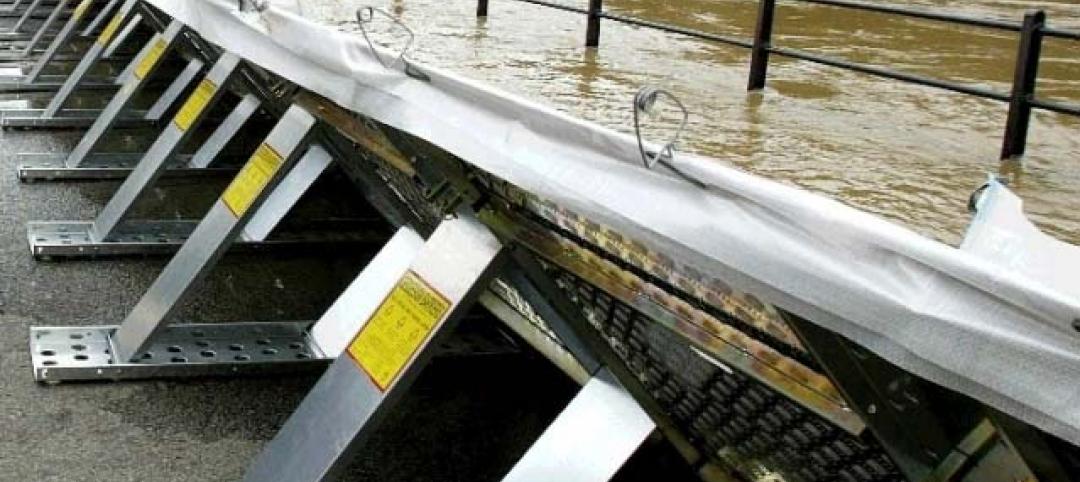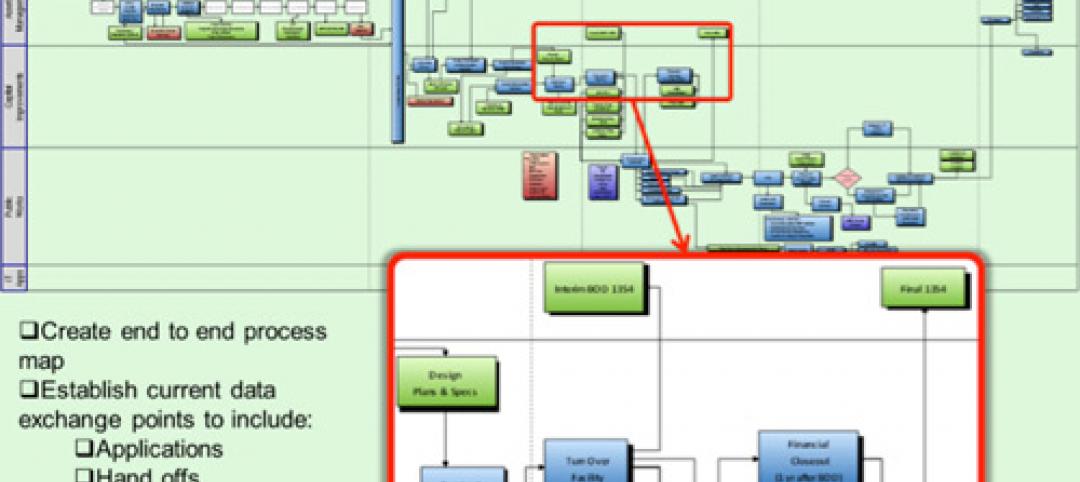Although LEED has advanced sustainability in the built environment, it hasn’t kept up with the accelerating urgency of climate change or the availability of low and no-cost ways to deeply cut carbon, says Greg Kats, president of Capital E.
Kats is a clean energy investor and was the first recipient of the U.S. Green Building Council Lifetime Achievement Award. He cites a 60% cost reduction of residential solar since 2010 that “make these now the cheapest electricity source in most states.”
Also, rapid growth in the ability to buy onsite and offsite solar and wind under power purchase agreements (PPAs) allows building owners to buy carbon-free power at a fixed price at or below conventional utility rates, Kats says. “Many buildings receiving LEED Silver, Gold, and even Platinum ratings deliver an anemic 15% or 20% lower energy use and CO2 reduction,” he says.
Kats and other environmental leaders have submitted a proposal to USGBC in support of minimum levels of carbon reduction by level of LEED certification. “LEED immediately should be revised to require substantial minimum carbon reductions for each level of LEED certification, both for new LEED buildings and for LEED rating renewals,” Kats says.
Related Stories
| Oct 9, 2014
Seattle puts restrictions on micro apartments
The Seattle City Council passed new rules that new studio apartments in the city must measure at least 220 sf and contain at least two sinks.
| Oct 9, 2014
Cities get creative with stormwater management
Cities around the world are crafting stormwater management policies that include natural and manmade methods to store and absorb runoff to reduce flooding.
| Oct 2, 2014
Fannie Mae study says affordable rental units more energy efficient than market-rate units
Fannie Mae’s new report on energy usage in the multifamily sector found that affordable properties use 28% less energy per unit and are 29% smaller than market-rate properties.
| Oct 2, 2014
California Energy Commission launches code upgrade process
The California Energy Commission launched the upgrade process to Title 24, the state energy code, last month.
| Oct 2, 2014
Canals to mitigate flooding could be in Boston’s future
The Urban Land Institute held brainstorming sessions over the last several months involving more than 70 engineers, architects, and development and insurance specialists to examine how rising sea levels would affect four representative areas in and around Boston.
| Oct 2, 2014
Los Angeles reverses ban on high-rise slanted roofs and spires
Los Angeles reversed course last month on a regulation that had barred skyscrapers from having slanted roofs or spires.
| Sep 29, 2014
10 common deficiencies in aging healthcare facilities
VOA's Douglas King pinpoints the top issues that arise during healthcare facilities assessments, including missing fire/smoke dampers, out-of-place fire alarms, and poorly constructed doorways.
| Sep 29, 2014
Report finds links between office design, health and productivity
A new report from the World Green Building Council finds “overwhelming evidence” to support office design as a significant influencer of the health, wellbeing and productivity of staff.
| Sep 29, 2014
San Francisco office tower is first U.S. building to earn LEED Platinum v4 certification
One Sansome Street, San Francisco is the first building in the U.S. to achieve LEED Platinum v4 certification. The building is also only the second property worldwide to be awarded with v4 certification.
| Sep 29, 2014
Navy to begin BIM phased implementation in October
The U.S. Naval Facilities Engineering Command will begin its Building Information Management and Modeling (BIM) Phased Implementation Plan in October.
















